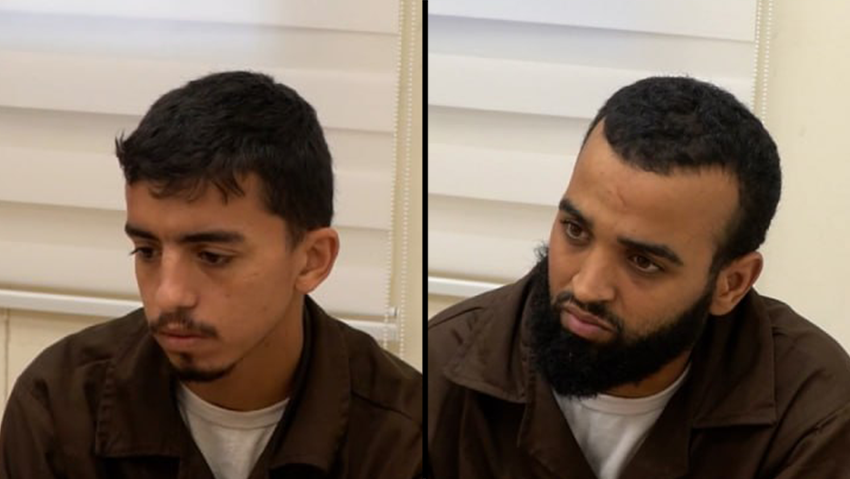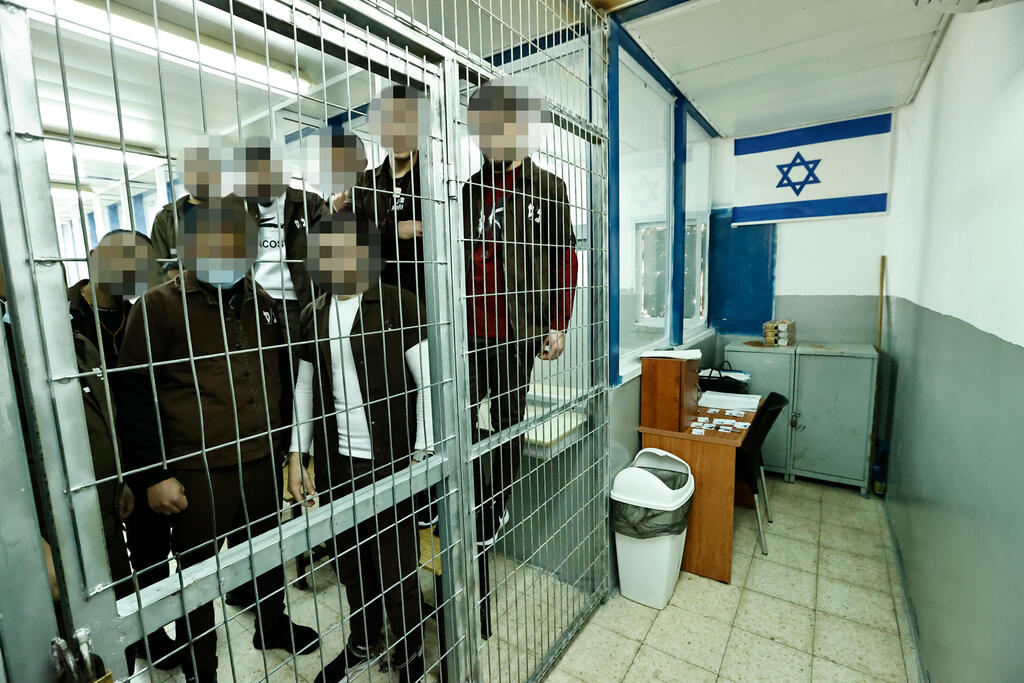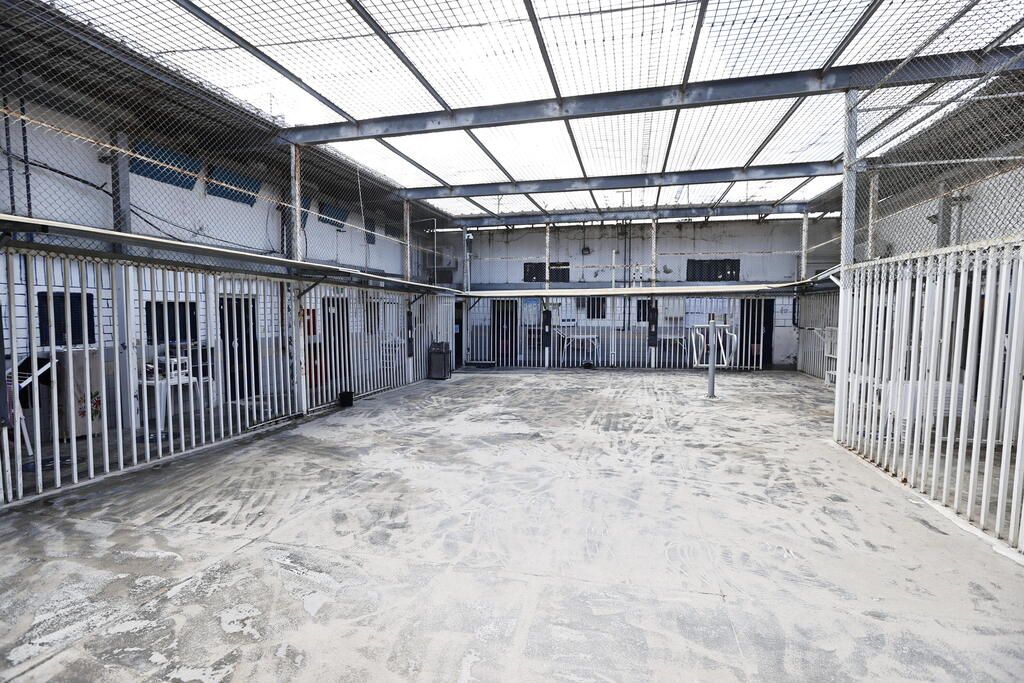While Israel insists there is no concrete prisoner exchange proposal with Hamas up for discussion, it seems that the concept of returning all Israeli captives in exchange for all Hamas prisoners in Israel has taken root in the public consciousness since the meeting between family representatives of the captives and Prime Minister Benjamin Netanyahu last week.
WAR: DAY 26
More stories:
Despite the Israeli line, which says this concept is a psychological warfare tactic by Hamas with no real hope for a deal, Ynet examined the numerical implications of exchanging every Israeli hostage and Hamas in a deal and what it means for Palestinian prisoners held in Israel.
According to the Israel Prisons Service (IPS), prior to the outbreak of the war, there were 5,200 Palestinian prisoners held in Israel, the majority of whom are affiliated with the Palestinian Fatah movement. Approximately 20% to 30% of them are Hamas prisoners, and several hundred are members of the Islamic Jihad terrorist organization.
Since Hamas’ attack on October 7, about 800 residents of the West Bank and Gaza Strip have been arrested, along with about 130 Hamas terrorists captured in the fighting in the south. This brings the total number of Palestinian prisoners to around 6,000.
"Since the beginning of the war, the Palestinian prisoners have been conducting themselves well, in a manner that was a surprise for us," a senior IPS official reported. "It seems the prisoners are currently sitting on the fence, waiting for further developments.”
“Despite our efforts to sever their connections to the outside world, they believe that with Israeli captives held by Hamas, a deal with take place. Right now, they’re waiting to see if negotiations will start and what their fate would be like. As is known, the majority of Palestinian prisoners held in Israel are affiliated with Fatah, while it's Hamas that holds Israeli captives," the official said.
According to the official, prisoners in Israeli prisons learned about the events of October 7 via public phones, smuggled phones, lawyer meetings and family visits. Shortly after the start of fighting, the IPS decided to sever all ties between the prisoners and the outside world, and today they have no knowledge of what is happening outside the prison, especially regarding the possibility of a prisoner exchange deal with Hamas.
Senior IPS officials conduct daily situation assessments regarding the Palestinian prisoners. "It seems they’re waiting to see what happens with the prisoner exchange deal they believe is taking place between the two sides. They’re acting calm and don’t cause incident, even though all their benefits have been revoked at once, and they’re now receiving only what is required by international law," an official explained.
The IPS emphasizes that, despite the relative calm, there’s still concern about harm coming to the prison wardens in prisons containing these Palestinian prisoners, and its special units are on high alert against potential prison riots.
As part of the Shin Bet's actions to cut off the Palestinian prisoners from contacting anyone, public phones were removed from the prison wings, electric outlets were disconnected to prevent charging of smuggled phones, TV channels were removed, transistors were confiscated, lawyer and family visits were canceled, and prisoner transfers to court facilities were halted.
Instead, discussions are conducted via remote video calls in military and civilian courtrooms. In the past week alone, around a thousand such discussions took place. Furthermore, the spokesperson’s unit of the Palestinian ward was dismantled, Friday prayers in an open yard were canceled, the prison canteen was discontinued, and there is no longer the option to deposit money for Palestinian prisoners. The prisoners spend 23 hours a day in their cells, except for one hour of recreation.







